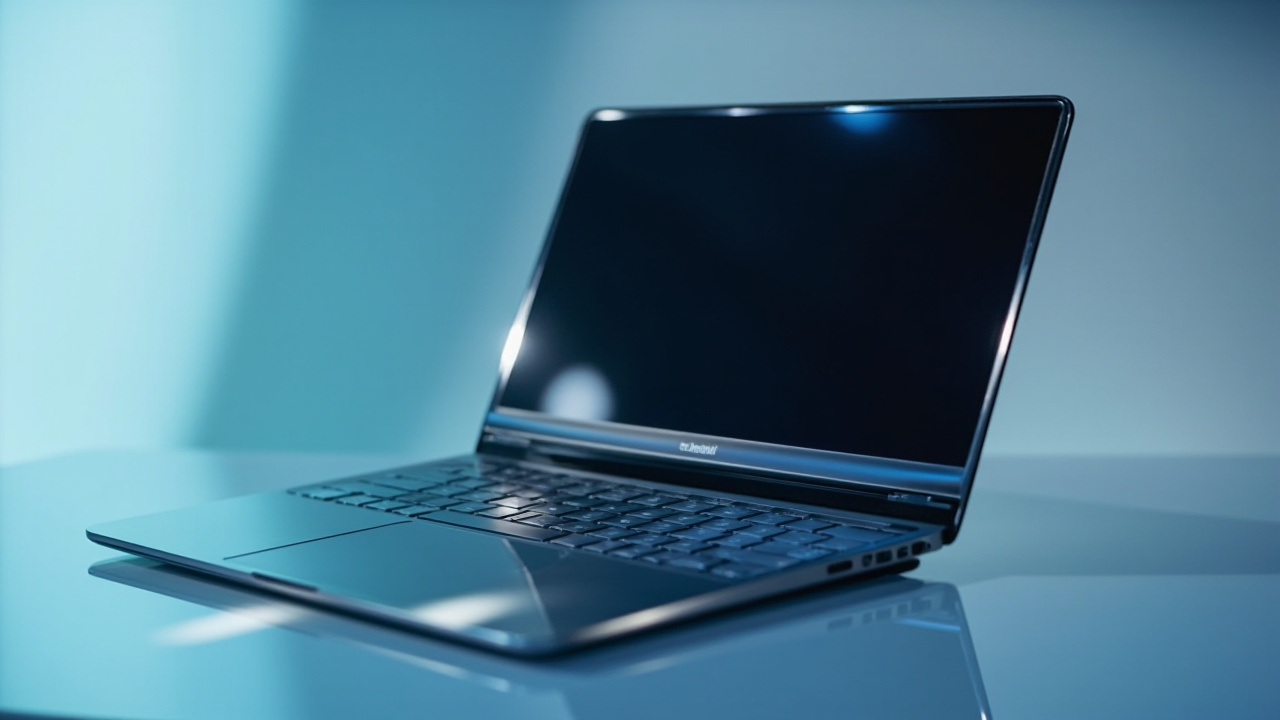Apple's iOS 26 Enhances User Interaction with Visual Intelligence

Apple's latest update to iOS 26, showcased during the WWDC 2025 event, significantly enhances user interaction through its newly upgraded Visual Intelligence feature. This innovation, allowing the analysis of screen content for functionality like product searches and event identification, positions itself as a pivotal moment for Apple's ongoing integration of AI into everyday user experiences. As the demand for seamless and intuitive interactions grows, this update invites users to not only consume content but actively engage with it, transforming the way we interact with our devices.
At its core, the Visual Intelligence feature leverages advanced AI capabilities, likely employing neural processing units (NPUs) to execute real-time analysis of display content efficiently. For developers and marketers alike, this revolutionizes the landscape of app engagement; users are now able to search for products effortlessly through their everyday apps, such as Google or Etsy, merely by pointing their camera. Additionally, the function's ability to automatically extract event-related information from screens may drive further calendar integration and lead to enhanced productivity features across apps. This could compel competitors to reevaluate their offerings, particularly in the realm of consumer engagement tools.
However, while these advancements create substantial opportunities for Apple and its partners, they also introduce challenges and potential risks. User privacy within this AI-driven feature must be thoroughly addressed, as real-time data usage raises questions surrounding consent and security. Furthermore, could this lead to an over-reliance on technology for simple tasks, potentially diminishing cognitive engagement? Consumers and investors should remain vigilant about these implications as they unfold.
The rollout of iOS 26's Visual Intelligence not only underlines Apple's commitment to innovation but also reflects burgeoning trends within the tech industry—specifically, the rise of edge computing and the increasing consumer appetite for AI-integrated experiences. As we look ahead, the integration of such features indicates a broader shift towards devices that anticipate user needs and enhance daily activities. Will this push other tech giants to accelerate similar innovations, or could it pave the way for niche platforms that capitalize on specialized AI functions?
Read These Next

Mechanical Revolution 14X Pro: 14-Inch, 99Wh Battery at ¥4799
The article discusses the launch of the Mechanical Revolution 14X Pro lightweight notebook, featuring a powerful battery and competitive pricing, aiming to enhance efficiency in portable computing.

Nvidia Launches First Industrial AI Cloud in Germany with 10,000 GPUs
Nvidia's establishment of the world's first industrial AI cloud in Germany is a pivotal move for European enterprises aiming to leverage AI for manufacturing applications. This project, which includes deploying 10,000 GPUs and partnering with industry leaders, highlights both the disruptive potential and strategic positioning of Nvidia in the evolving tech landscape.

Huang Renxun to Open AI Centers in 7 Countries, 20+ Factories in Europe
Nvidia CEO Hwang In-hoon announced AI centers in seven countries and over 20 AI factories in Europe at VivaTech in Paris.
